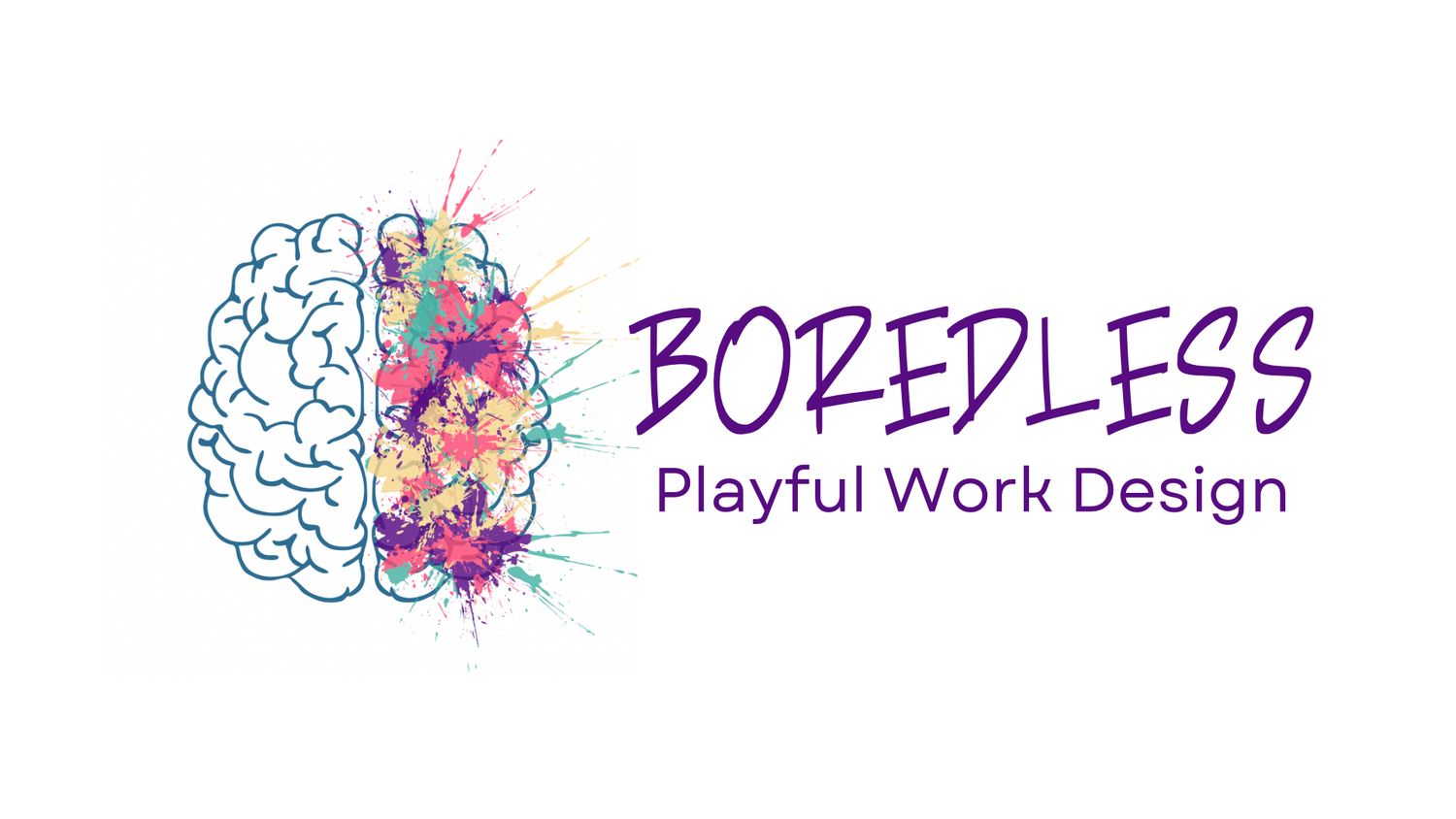February 16th, 2024 - Are Kindergartners Smarter than MBA Students?
Recently, I saw a LinkedIn post that shared the Marshmallow Experiment in a way that essentially said kindergartners are more successful than MBA students.
The marshmallow experiment is an activity for teams - teams are given uncooked spaghetti noodles and marshmallows. It’s a competition. The teams are told to build the tallest possible structure that will support a regular-sized marshmallow on top. The post pointed out that the kindergartners did better than the MBA students in this experiment, because they just got started, tried and failed, tried and failed, again and again, learning from each failure while the MBA students spent too much time delegating duties, arguing, and trying to PLAN, then running out of time to fix anything after the first inevitable failure.
But what the post neglected to include was the rest of the story (it also ended up being a direct copy and paste from another post from someone else years before, but I didn’t know either person, so I just ignored that even though it was very sketch… do your research before reposting from others, folks).
Kindergartners outperforming EVERYONE in the experiment seemed unlikely, so I decided to go to the source. I found the original ted talk by Tom Wujec. I recommend a listen, it’s a short one and very good. But what he points out about the marshmallow experiment (which he ran hundreds of times) is that executive teams with administrative professionals present did better than the kindergartners (whew). And of course, thankfully, the engineers and architects did the best of all groups.
I think it’s important to share this, because the flippant point of the pirated post was that you should just f around and find out, fail fast, and some might say “just play with it”. And for me, in the space of professionals pushing play on other professionals, I believe it’s important to say that
play isn’t always enough
Though our brains are created to play all across our lifespan, as adults we do have to deal with serious business, difficult work situations, relationships, etc. And though it’s crucial to be PLAYFUL, we can’t just “play” our way through life. If the engineers and architects had never studied and kept up their knowledge to know how to build the tallest tower, we’d have a lot of collapsing bridges and parking garages. If the executive team never utilized their skilled admin to manage time, projects, and people - we’d have a lot of unfinished projects and unhappy clients. F’ing around to find out is absolutely NOT the best advice even though the kindergartners who did so had some success.
Though I don’t advocate for a binary of play OR work as a general philosophy, sometimes the line needs to be drawn. The key is that the line is drawn in an environment that is already generally playful at its core.
When we create playful workplaces and professional environments through curiosity, experimentation, and celebration, we provide psychological safety, mission and meaning, inclusion, flexibility, all leading to engagement, productivity, positive overall wellbeing, which directly impact profit.
How can we cultivate a culture that embraces both play and professionalism in your workplace? Reach out, let’s see what kind of transformation is in store for your organization.

